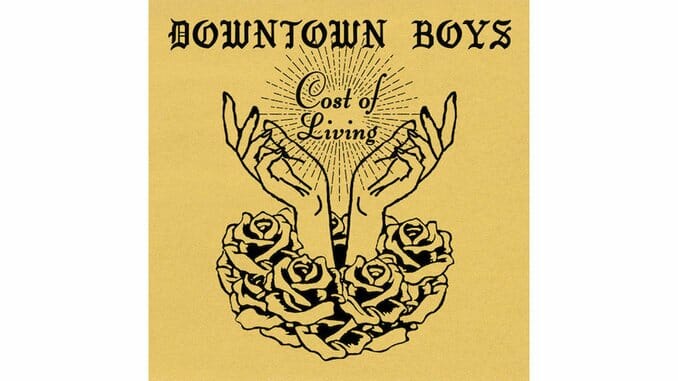Downtown Boys: Cost Of Living

2017 has been in dire need of a new Downtown Boys record. The Providence, R.I.-based punk quintet used 2015’s Full Communism to stand up against white supremacy and heteronormative hegemonic structures, but it carries more weight when the current president embodies everything the band combats.
-

-

-

-

-

-

-

-

-

-

-

-

-

-

-

-

-

-

-

-

-

-

-

-

-

-

-

-

-

-

-

-

-

-

-

-

-

-

-

-








































